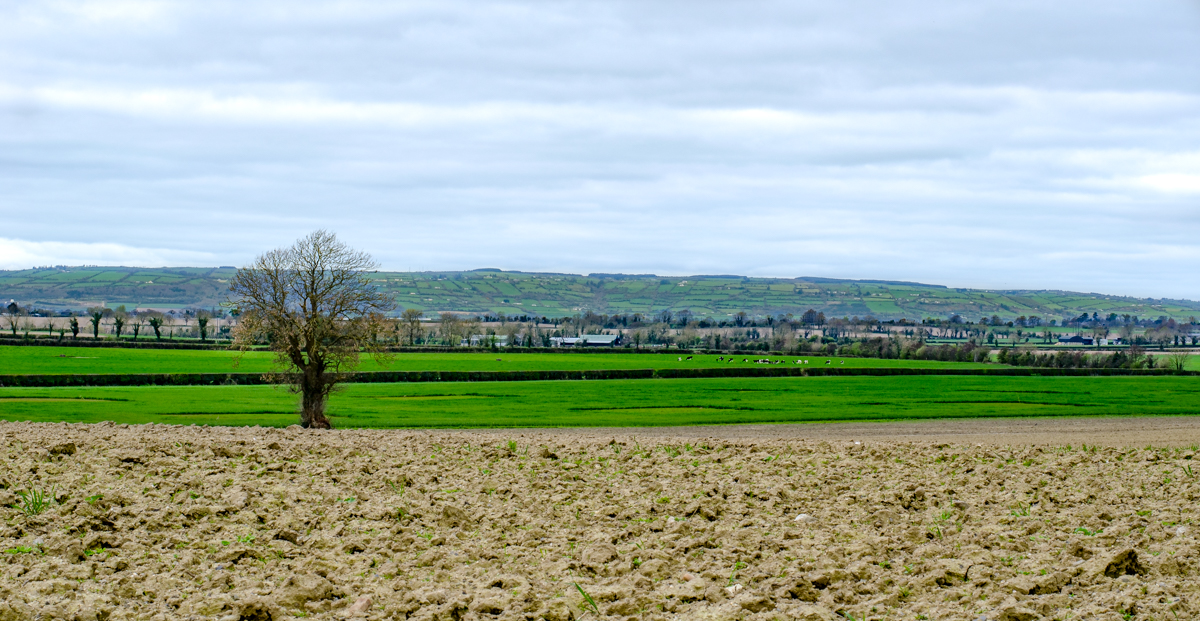It is integral for the future of rural Ireland that employment opportunities are created, in order to keep young people in communities. Has Covid-19 not only shed further light on rural decline, but also shown how it can be stopped?
Séamus Boland has worked in the civil society for over 40 years and, using this experience, he tells AgriLand that the impacts of Covid-19 will be long-lasting, especially for the vulnerable, and those in rural Ireland.
He is the first Irish person to be elected to this position since its foundation in 1956.
“That contributes to my priorities; many of which are to do with the development of communities, especially rural, and to bring a bit more wealth and well-being into rural areas,” Boland tells AgriLand.
“Some of the issues I am focused on are there all the time, but have been escalated and made more visible because of Covid.
“Rural isolation is particularly pressing at the moment because it affects older people mainly, people with disabilities, those living alone, both women and men.”
‘We have an opportunity to bring jobs home’
Boland says that the lack of young people living in rural areas is hugely linked to these issues.
“How we manage to bring employment and jobs into the regions will be a big priority of my presidency and the group itself,” Boland continues.
We are a very well-educated country, so why not allow young, educated people to stay in their communities, if they wish? We now have an opportunity to bring jobs home into the more rural parts – we have seen that people can work from home successfully when given the means and are supported in doing so.
“More local hubs specially designed for this are necessary. We must grab that opportunity. That means attracting the big companies – various financial institutions – to bring centres to other areas or, instead of people being confined to the IFSC [International Financial Services Centre], which is overpopulated, allow them to work from where they wish.
“This, in turn, will help the smaller businesses and those trying to survive in rural Ireland – it will keep people in the area to support them.
“At the moment, there isn’t really an option for many young people to stay.”
Boland says that the committee is telling EU commissioners that there is a need for regional strategies that actively encourage remote working, be it through grants, tax incentives, or “whatever it takes as long as action is taken”.
About Boland
Boland is a farmer and has worked in the civil society for over 40 years. This has included young people, ethnic minorities, people with disabilities and people living in rural isolation. He is a trained speech and drama educator.
As a member of the EESC since 2011, Boland has held different roles, and has chaired study groups on topics such as minimum wages, migration and sustainable development and was rapporteur for various EESC opinions related to agriculture, rural development, energy, social affairs and Brexit.
